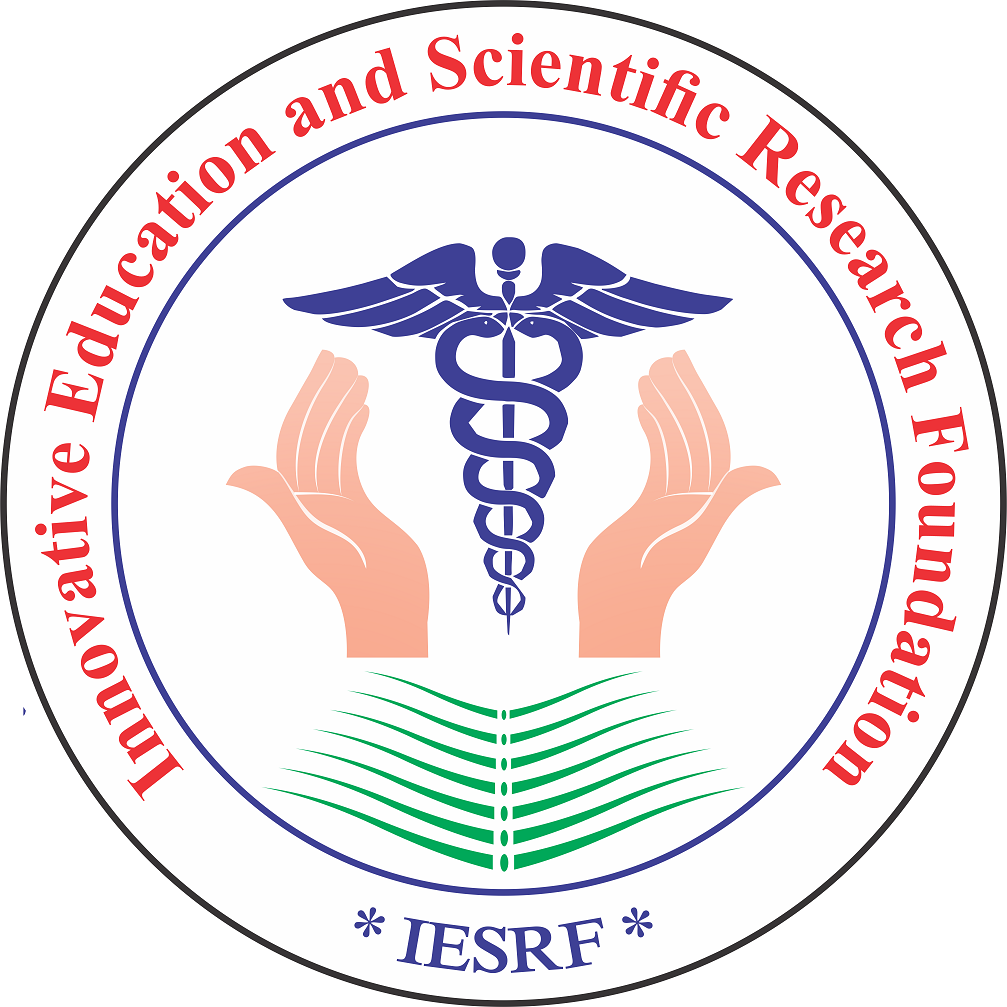- Visibility 154 Views
- Downloads 108 Downloads
- DOI 10.18231/j.ijfcm.2025.016
-
CrossMark
- Citation
Identifying challenges and solutions: A fishbone analysis of the family adoption program
Background: The National medical commission (NMC) introduced Family adoption program (FAP) under the Competency-based medical education (CBME) curriculum, which is a transformative initiative within the Community Medicine training of undergraduate MBBS students in India. Spanning across 1st to 3rd professional years, FAP enables Indian medical graduates to engage in community-based learning, enhancing their communication skills, empathy, and cultural competence. Despite its promising outcomes, the implementation of FAP across medical colleges has encountered various challenges, influenced by institutional resources, logistical constraints, and community dynamics. Given this context, our objective was to determine the root causes of incomplete data collection and arrive at the solutions and cocreation of fishbone diagram illustrating the causes and solutions for incomplete data collection.
Materials and Methods: 250 students of batch 2022 who have adopted families in Hanchya and Rammanahalli villages of Mysuru district were included. 10 groups were made and root cause for incomplete data collection was collected from students and diagram was constructed on the board.
Results: The problems identified include lack of interest, unresponsiveness, and barriers in trust and communication, resulting in incomplete data collection. Language barriers, lack of counselling skills, locked house, lack of health knowledge and inconvenient timings are some other identified barriers. Training in local language, free health camps help in building the trust among the students.
Conclusion: The Fishbone analysis enabled a comprehensive understanding of the multifactorial causes behind incomplete data collection in the FAP. The core issues were traced to three broad domains i.e., lack of interest, unresponsiveness, and barriers in trust and communication.
Keywords: Community medicine, Competency-based medical education, Family adoption program (FAP), Indian medical graduate, Fish bone analysis.
